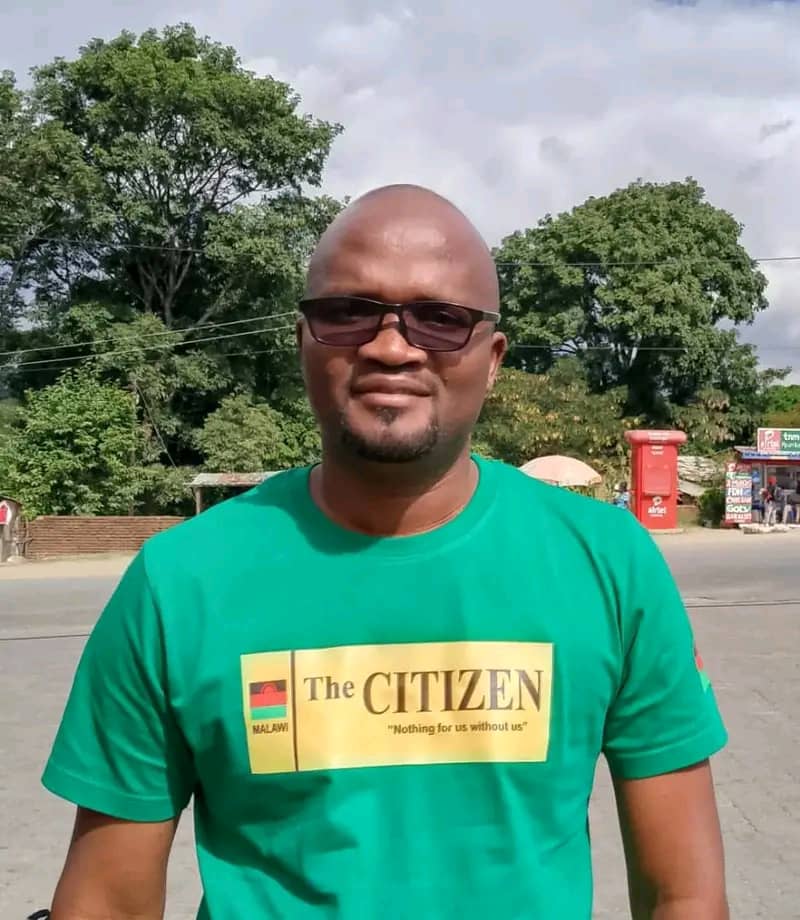By Burnett Munthali
The recent allegations against UTM Secretary-General Patricia Kaliati, accusing her of conspiring to assassinate President Lazarus Chakwera, have sent shockwaves across Malawi’s political sphere. The State claims it has recordings and other forms of evidence implicating Kaliati and two unnamed accomplices in the plot. If proven true, the case would represent a grave threat to the stability of Malawi’s political alliance, governance, and democracy. However, it has also sparked suspicions of potential political motivations behind the accusations, raising significant questions about the authenticity and timing of the charges.
Allegations and Evidence: How Credible is the Case?
The State’s case reportedly hinges on recordings and physical evidence it claims to have obtained. While details of these materials remain unreleased, the assertion of audio evidence has attracted significant public interest. However, without access to the recordings or knowing the context in which they were allegedly made, it’s difficult to assess the strength of the evidence. Are these recordings concrete enough to demonstrate intent, or do they represent ambiguous conversations that are open to interpretation?
Legal experts and political analysts are keenly awaiting more information, noting that the credibility of the case depends on how direct and substantiated this evidence is. If these recordings contain irrefutable discussions of a conspiracy to harm President Chakwera, it would indeed signify a grave situation. However, if the content is more speculative or circumstantial, questions of political motivation could overshadow the criminal implications.
Political Motivations: Genuine Threat or Political Calculations?
Given Kaliati’s high-profile status within UTM, some have raised concerns that these accusations could be politically motivated, potentially an attempt to weaken her party and silence dissent within the Tonse Alliance. Kaliati has been a vocal critic of certain government actions and has not shied away from controversial political positions. As Secretary-General, she holds significant influence within UTM, making her a potential target if political dynamics within the alliance have become strained.
Political history in Malawi, as in many other nations, shows a pattern where ruling entities sometimes use legal systems as tools to discredit opposition figures. The timing of these allegations, therefore, raises the question of whether this is part of a strategy to destabilize UTM’s leadership or diminish its political influence, especially as the alliance prepares for critical electoral cycles in the near future.
Public Perception: Trust in the State or Cynicism?
The public response to the allegations against Kaliati appears divided. On one hand, some citizens express support for a full investigation, viewing any threat to the President as a serious national security issue. On the other hand, many are skeptical, interpreting the allegations as an overreach by authorities potentially seeking to curb political opposition. This division speaks to a broader issue in Malawian politics: public trust in government actions.
For many Malawians, trust in the government has been a recurring issue, particularly in cases involving prominent opposition figures. This situation brings to mind previous instances where government interventions in opposition matters were later viewed as politically motivated. How the authorities handle this case — whether transparently or selectively — could significantly impact public perception of the administration and its credibility.
Implications for the Tonse Alliance: A Test of Stability
The Tonse Alliance was formed in 2020 as a coalition bringing together different parties to challenge and replace the previous administration. The accusations against a senior UTM figure now put the alliance in a precarious position. While it’s uncertain how the coalition will respond collectively, tensions within the alliance could intensify, especially if UTM members feel that the charges against Kaliati are politically driven.
If the State pursues this case vigorously without conclusive evidence, it risks causing irreparable fractures within the alliance, potentially weakening its position in upcoming elections. Conversely, if the accusations are genuine and proven in court, UTM’s reputation could suffer, affecting the party’s standing and possibly even shaking its core support base.
The Legal and Political Landscape Ahead
The legal path forward is likely to be complex, involving hearings, evidentiary disclosures, and perhaps appeals if the case goes to trial. Beyond the courts, this case is poised to become a significant political saga with ramifications that extend beyond the fate of Kaliati alone. A successful prosecution would signal a serious shift in Malawi’s security stance toward political plots, whereas a failure or dismissal of charges could lead to backlash against the government, potentially rallying support for Kaliati and her party.
The situation underscores the need for transparency and fairness in addressing allegations of this nature. Should the government’s accusations prove credible, it will affirm the importance of national security over political loyalty. However, if the charges appear to be exaggerated or politically motivated, the resulting public outcry could weaken the administration’s image, possibly driving further divisions within the alliance and eroding trust among voters.
Conclusion
The accusations against Patricia Kaliati come at a defining moment for both UTM and the Tonse Alliance. The outcome of this case will shape the narrative of Malawian politics and could influence public trust in the administration. For now, much depends on the evidence and how transparently the case unfolds. Malawians will be watching closely, as the events ahead could determine not only the fate of Kaliati but also the future direction of Malawi’s political landscape.




